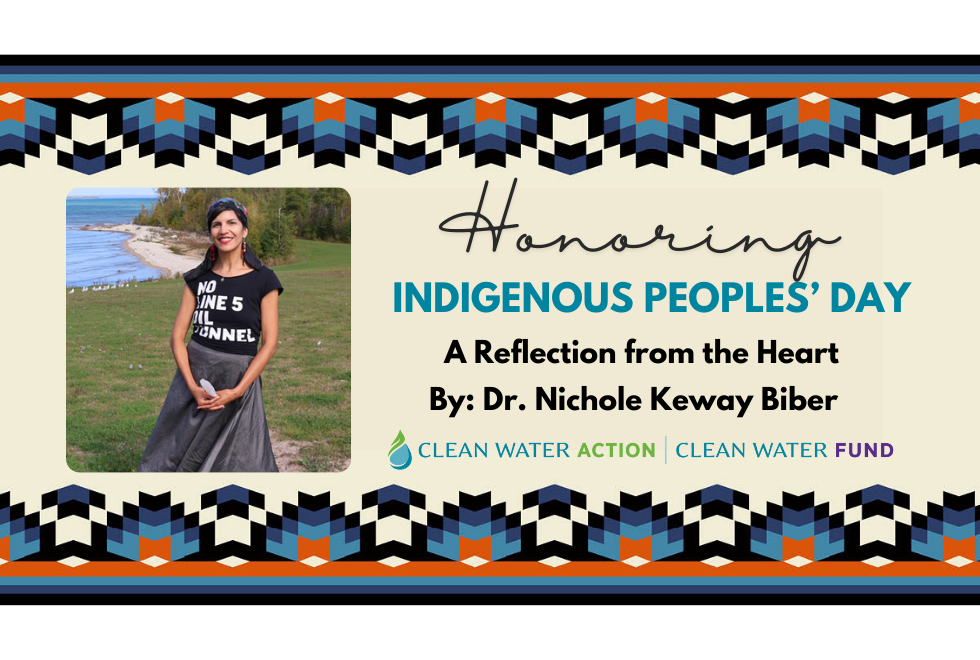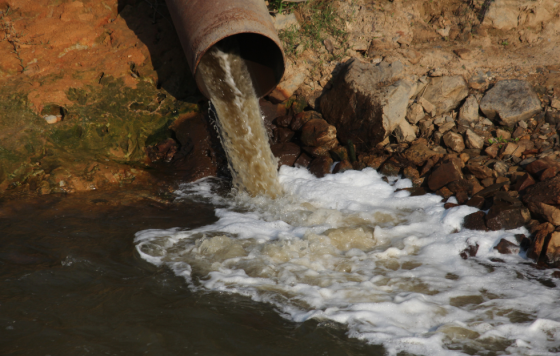
Indigenous Peoples’ Day is often framed as a matter of acknowledgement - recognizing the positive contributions and influence of tribal nations, as well as the injustices, untruths and losses typifying the centuries following contact. While these framings invite historic, philosophic, and rhetorical inquiry capable of opening minds to more nuanced and consequential reckonings of our shared story, such intellectual pursuits can also maintain a hierarchy of validity. When human interactions are firmly situated as the default measure of right and wrong, we remain subject to a worldview unsuited to including water and wildlife as living entities entitled to respect.
Wherever there is a distinct lack of ecological context and awareness, that lack readily provides a throughline to a variety of unsatisfactory and unsustainable results. To find solutions to the resulting problems, from disease to extreme weather, requires acquiescence to the crucial influence of the natural world. While a successful democracy requires the voicing of multiple ideas and concerns, there also needs to be an agreed-upon foundation of the principles and values guiding the decision-making process. For so many Indigenous ancestors, that unifying factor was found through careful observation of the life-giving earth, and subsequent adherence to the teachings born out of that focused awareness. In the core teachings of Anishinaabek traditions and those of many other tribal nations, we count ourselves indebted to the comprehensive healing power of the earth and her creatures.
Water is alive, all wildlife have complex and important lives, even the very stones carry deep wisdom - these understandings created our Anishinaabe lifeways, language, stories, and songs. In the end, this is what provides the true means of physical, mental, emotional, and spiritual health. Though there has always been space for collaboration and egalitarian decision making within our traditional polities, there was also a stable, shared understanding of our place in the world. We are the “younger brothers,” the new arrivals to a place of wondrous biodiversity with keen lessons to learn from all those who came before. That is what I am aware of on Indigenous Peoples Day - though we are among the original people of this continent named Turtle Island, we also are newcomers wholly dependent upon the waters and other-than-human lives who for countless generations have stewarded the relationships creating life.
To my frequent dismay, I note how conversations about the Climate Crisis are thoroughly dominated by readily monetized, distinctly human concerns about energy. I worry greatly that focus and action and investment begin and end with that limited vision. Despite reams of data that prove the benefits of nature-based solutions - from rewilding for stormwater mitigation to the mental health benefits of green places - the flawed elevation of human measures such as market-based energy investments yet again fail to respect the long established power of Earth’s beautiful complexity. For a long-term strategic vision that prioritizes survival, we must direct our plans and actions to recognize and strengthen our bonds to the natural world. Even, and perhaps especially, in this current age as we collectively experience the ill consequences of continued extraction and exploitation, we can work vigilantly to align our actions with our role as grateful dependents. From that perspective, responding to the biodiversity crisis and making sure the water is cleaner tomorrow than she was today must be the primary work at hand.
I retain my identity as an Anishinaabekwe by acknowledging the essential preeminence of the living world. The current and future good of the people is dependent upon, and therefore must be devoted to, the ecological well-being of the places we inhabit. To heal from the traumatic losses that define so much of our people’s history since the time of contact, we need to move forward in such a way that works to restore ecological balance. This is what Land Back means to me: fostering the living Earth back to her capacity to heal and sustain.
Dr. Nichole Keway Biber
LTBB Waganakising Odawa, tribal citizen
Mishiike Dodem (turtle clan)
Clean Water Action
Mid-Michigan Organizer


